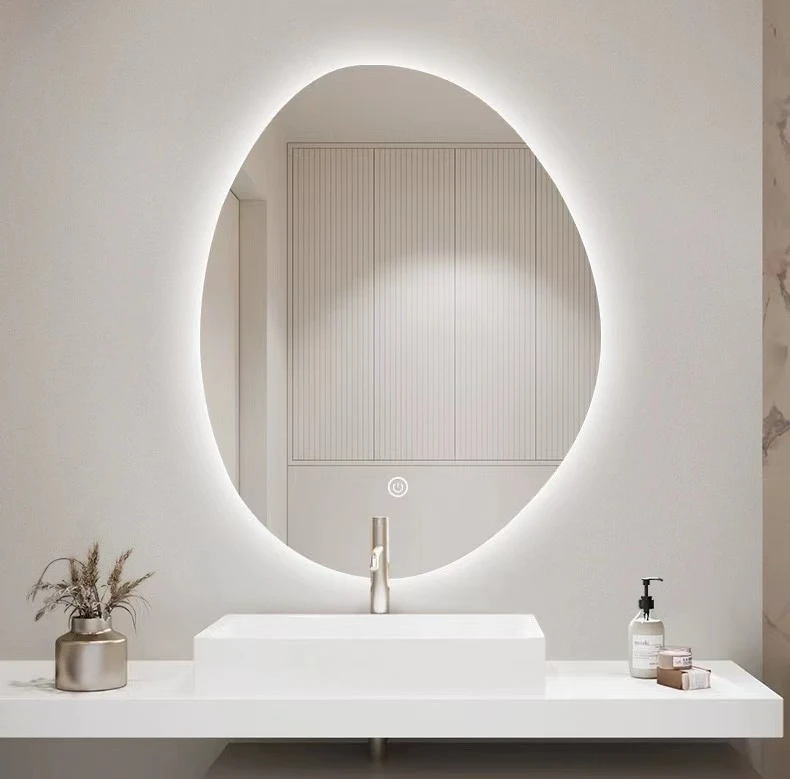

Understanding Order Insulated Glass Units A Comprehensive Guide
Insulated glass units (IGUs) are pivotal in energy efficiency and comfort in both residential and commercial spaces. They are widely utilized in windows and doors, designed to reduce heat transfer and enhance acoustic performance. In this article, we will explore the components, benefits, and ordering process of insulated glass units, offering valuable insights for builders, architects, and homeowners.
What Are Insulated Glass Units?
Insulated glass units consist of two or more glass panes separated by a spacer, creating an air or gas-filled space that helps insulate the interior environment. This design minimizes heat loss in winter and heat gain in summer, contributing to overall energy efficiency. The insulating space can be filled with air, argon, krypton, or even xenon for optimal performance. The choice of gas affects the thermal performance, with argon being the most common due to its cost-effectiveness and efficiency.
Components of an Insulated Glass Unit
1. Glass Panes The glass panes are usually made of low-E (low emissivity) glass, which reflects heat while allowing natural light to enter. Low-E coatings enhance the efficiency of the IGUs by minimizing UV radiation and preventing interior fading of furnishings.
2. Spacers These are located between the panes and serve to maintain the distance between the glass sheets while sealing the gas layer. Spacers can be composed of various materials, including aluminum, stainless steel, or warm-edge technology, which further increases thermal performance.
3. Sealants The unit is sealed using durable materials to protect against moisture intrusion and ensure longevity. Proper sealing is crucial, as it prevents the condensation that can occur between panes.
Benefits of Insulated Glass Units
1. Energy Efficiency One of the primary advantages of IGUs is their ability to reduce energy costs. Well-designed IGUs can significantly lower heating and cooling expenses, making them a popular choice for eco-conscious consumers.
2. Comfort By controlling temperature fluctuations, insulated glass units enhance indoor comfort. They minimize drafts and cold spots, particularly near windows, creating a more enjoyable living environment.

3. Noise Reduction Insulated glass units are effective at blocking external noise, making them an ideal choice for urban areas or noisy environments. The multiple layers of glass, combined with the air or gas between them, provide significant sound insulation.
4. Increased Property Value Homes and buildings that incorporate energy-efficient materials, including insulated glass units, typically have higher resale values. Buyers are increasingly aware of the benefits of energy-efficient features, leading to a competitive advantage in the real estate market.
Ordering Insulated Glass Units
When considering the purchase of insulated glass units, it is important to follow a structured process to ensure the right specifications. Here are key steps to follow
1. Measure Precisely To order IGUs, accurate measurements of the window or door frames are essential. A snug fit is crucial to ensure optimal performance and aesthetics.
2. Select Glass Type Choose the type of glass based on your aesthetic preferences and thermal performance requirements. Options range from clear glass to tinted or low-E glass.
3. Choosing Spacers and Seals The type of spacer and sealant will impact the IGU’s performance. Warm-edge spacers, for example, provide better thermal insulation and can be more cost-effective in the long run.
4. Determine Gas Fill Decide on the type of gas to fill the space between the panes. Argon is a popular choice due to its thermal efficiency, while more expensive options like krypton offer superior performance in thinner applications.
5. Supplier Selection Finally, choose a reputable supplier who can provide quality IGUs and support throughout the ordering process. Look for manufacturers who adhere to industry standards and can provide certifications for their products.
In conclusion, ordering insulated glass units involves various considerations and can greatly impact energy efficiency, comfort, and aesthetics in any building. Understanding their components and benefits equips consumers with the knowledge necessary to make informed decisions. As energy efficiency becomes increasingly vital, IGUs will continue to play an essential role in modern construction and renovation.